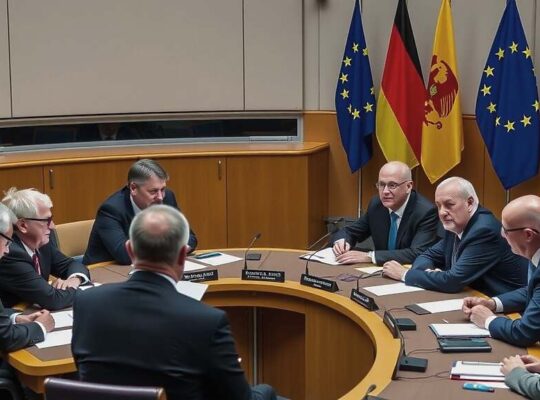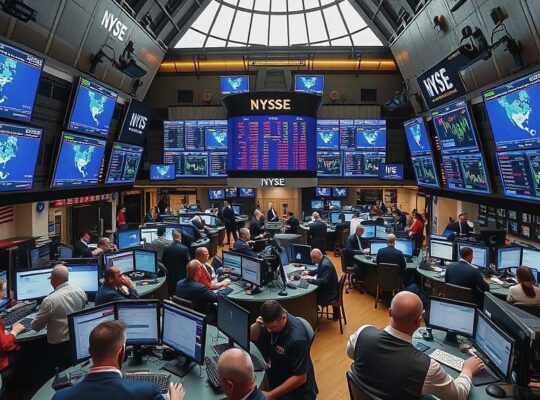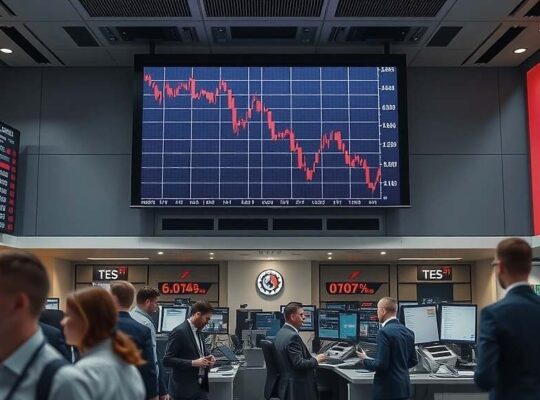The European Parliament’s recent vote to restrict the naming of plant-based meat alternatives has ignited a political firestorm, drawing sharp criticism from within Germany’s governing coalition. The proposal, championed by the center-right European People’s Party (EVP) and approved by a comfortable majority (355 in favor, 247 against, 30 abstentions) seeks to prohibit vegetarian products from using terminology traditionally associated with meat products like “burger” “schnitzel” and “sausage.
The move, ostensibly aimed at preventing consumer confusion, has been publicly denounced as a needless “culture war” by Federal Environment Minister Carsten Schneider (SPD). He questioned the practicality and relevance of the measure, stating that the distinction between meat and plant-based alternatives is readily understood by the public. “As a Thuringian, I don’t confuse these things and neither does anyone I know who distinguishes between sausage and tofu” he remarked, underscoring the perceived absurdity of the regulation.
While the regulation still requires approval from EU member states within the EU Council to enter into force, the support it garnered within the Parliament reveals a deeper ideological clash. Federal Agriculture Minister Alois Rainer (CSU) had previously voiced his support for the initiative, aligning with the stance of Federal Chancellor Friedrich Merz (CDU). This divergence in opinion highlights a growing tension within Germany’s political landscape regarding the burgeoning plant-based food sector.
Critics argue the initiative is a protectionist measure designed to shield traditional meat producers from competition, potentially stifling innovation and consumer choice within the plant-based food industry. Some observers suggest the vote reflects a broader trend toward conservative protectionism within the European Parliament, prioritizing established industries over emerging markets. The ensuing debate calls into question the EU’s approach to labeling and transparency in the food sector and raises concerns about the potential for undue influence from powerful agricultural lobbies.












